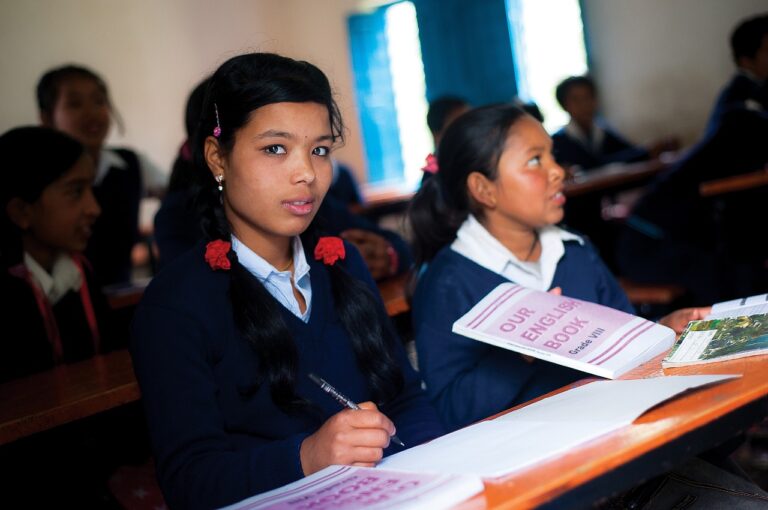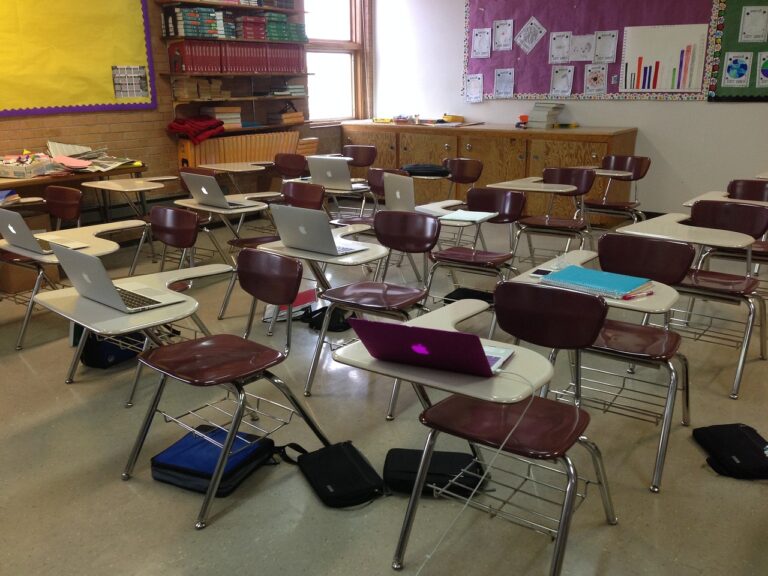The Impact of Peer Feedback on Learning Outcomes
Feedback provided by peers plays a vital role in the process of learning and skill development. When students receive feedback from their peers, they gain valuable insights and perspectives that may not be evident to them otherwise. Peer feedback can offer a fresh and unbiased viewpoint, helping individuals identify their strengths and areas for improvement in a non-threatening manner.
Moreover, engaging in the practice of giving and receiving peer feedback fosters a collaborative and supportive learning environment. Students not only learn from their own mistakes but also from the feedback they provide to their peers. This reciprocal process encourages critical thinking, communication skills, and empathy among individuals, ultimately contributing to a more enriched learning experience.
The Importance of Constructive Criticism in Learning
Constructive criticism plays a vital role in the learning process, providing valuable insights for improvement. When students receive feedback from their peers, they gain a fresh perspective on their work and can identify areas for growth. This type of feedback helps learners to reflect on their own performance and encourages them to make necessary adjustments to enhance their skills.
Moreover, constructive criticism fosters a culture of collaboration and mutual respect in educational settings. By engaging in constructive feedback exchanges, students learn to communicate effectively, listen actively, and provide helpful suggestions to their peers. This not only improves the quality of learning outcomes but also nurtures a supportive learning environment where individuals feel empowered to strive for excellence.
Benefits of Receiving Feedback from Peers
Receiving feedback from peers can offer valuable insights that may not be apparent when working in isolation. Peer feedback provides a fresh perspective and allows individuals to see their work through different lenses. This can lead to an improved understanding of strengths and areas for growth, ultimately enhancing the learning experience.
Furthermore, feedback from peers fosters a sense of collaboration and community within a learning environment. By engaging in constructive criticism and sharing perspectives, individuals can build a supportive network that encourages continuous improvement. This collaborative approach not only enhances individual learning but also contributes to the collective growth of the group.





